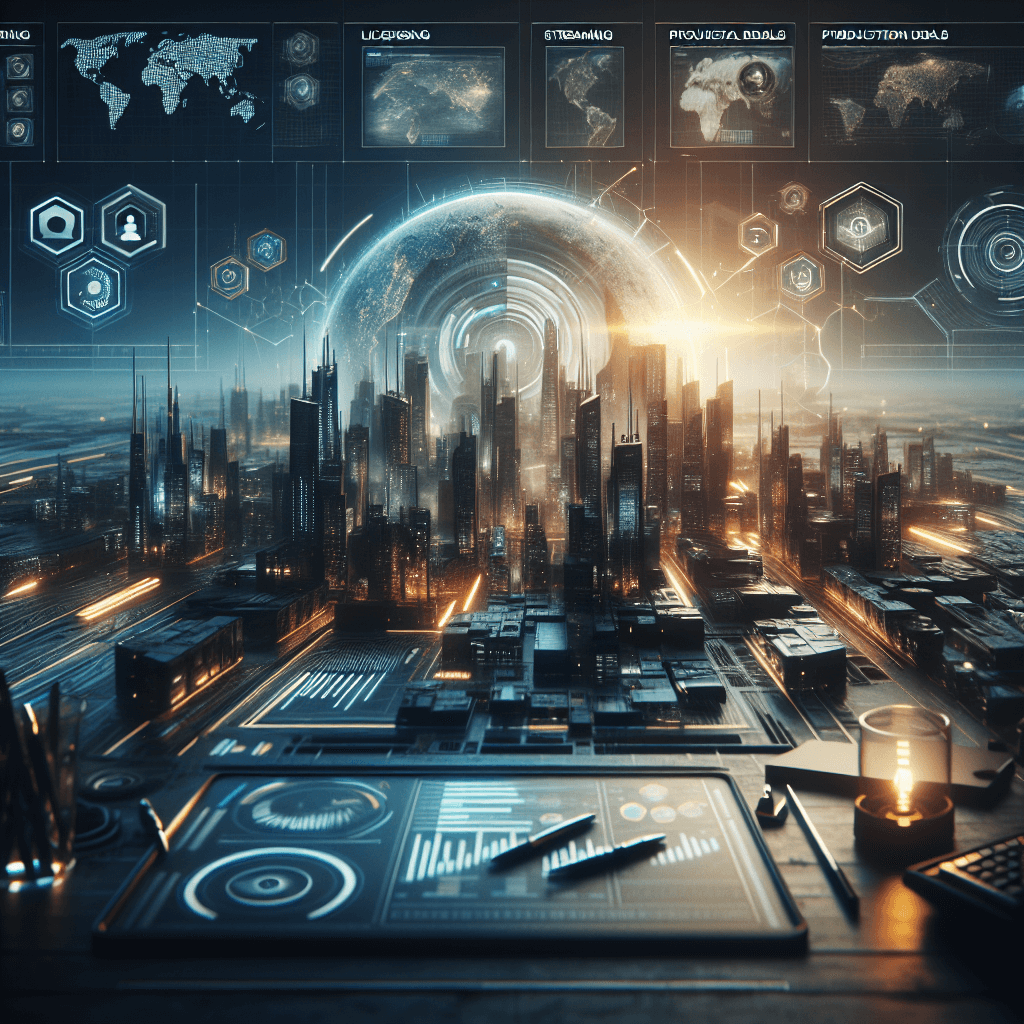The Maharashtra government has launched its AVGC-XR Policy 2025, investing ₹3,268 crore to boost the animation, visual effects, gaming, comics, and extended reality sectors. This initiative is expected to create over 200,000 jobs and enhance infrastructure across the state.
The Maharashtra government has officially approved the Animation, Visual Effects, Gaming, Comics, and Extended Reality (AVGC-XR) Policy 2025, marking a significant milestone for the state’s creative industries. This policy elevates the AVGC-XR sector to the status of a recognized industry and infrastructure sector.
With a visionary outlook extending to 2050, the policy outlines a comprehensive financial plan of ₹3,268 crore. Officials anticipate that this initiative will generate over 200,000 job opportunities across the state.
Key objectives of the policy include:
- Establishing and supporting technologically advanced labs.
- Creating shared infrastructure in both tier two and tier three cities.
- Providing incentives for startups, MSMEs, and large enterprises in the AVGC-XR sector.
The planned facilities will feature:
- High-speed digital connectivity.
- Motion capture studios.
- Post-production labs.
- Sound recording facilities.
- AI-based animation tools.
- Real-time rendering capabilities.
- Virtual production studios.
Additionally, senior officials have announced the creation of a critical infrastructure fund to enhance road connectivity, ensure dedicated power supply, and provide essential water and sewage treatment facilities for these parks.
In a related development, the Indian Institute of Creative Technologies (IICT) was inaugurated at the NFDC Films Division Complex in Mumbai, further strengthening India’s media and entertainment education landscape. The campus was jointly opened by Union Information Broadcasting Minister Ashwini Vaishnaw and Maharashtra Chief Minister Devendra Fadnavis in July. The inaugural batch will train 300 students, with plans for a second campus at Film City, Goregaon, Mumbai, set to launch within two years, supported by a budget of ₹400 crore.
Disclaimer: This article has been auto-generated from a syndicated RSS feed and has not been edited by Vitrina staff. It is provided solely for informational purposes on a non-commercial basis.
































